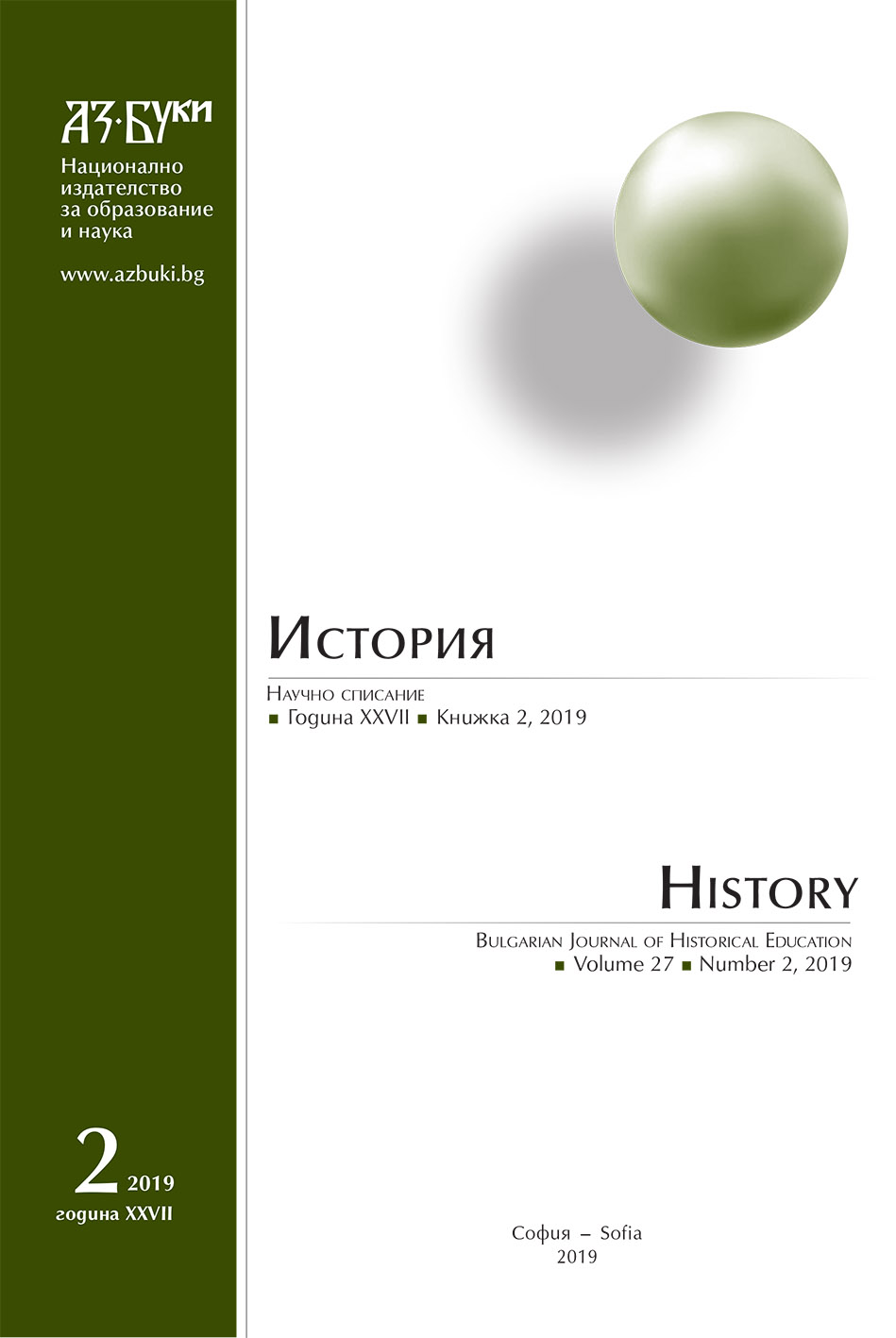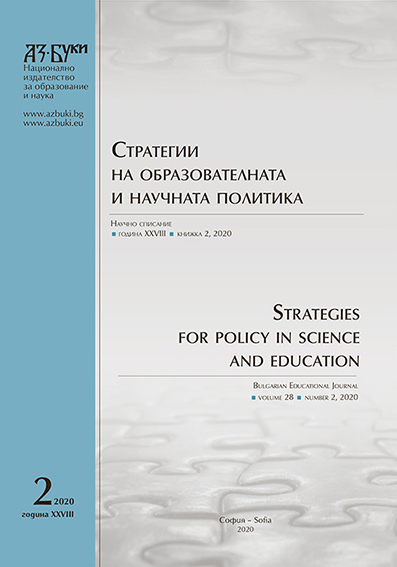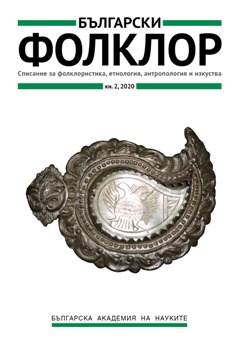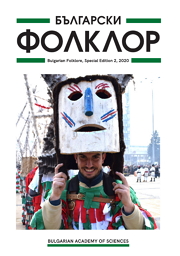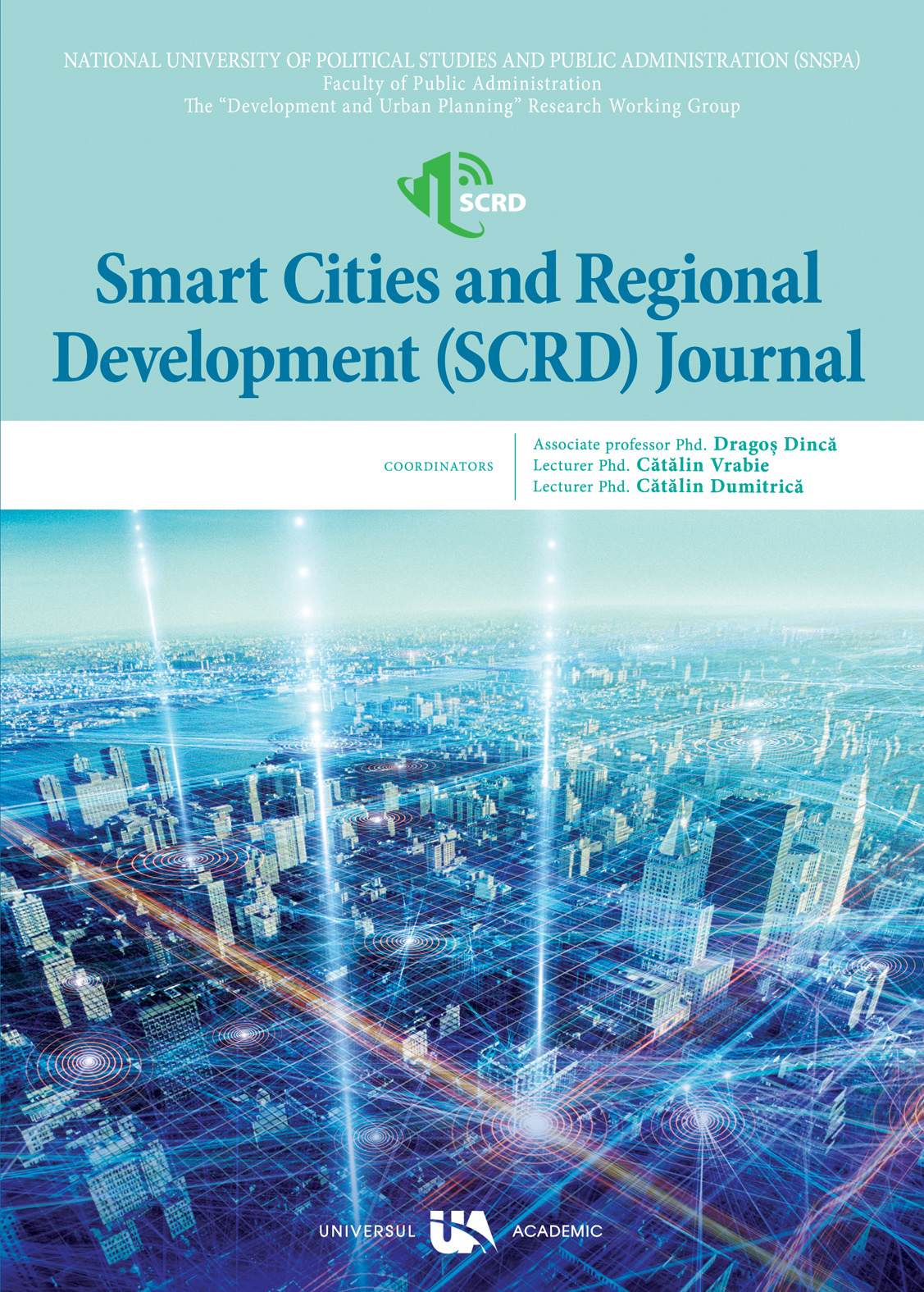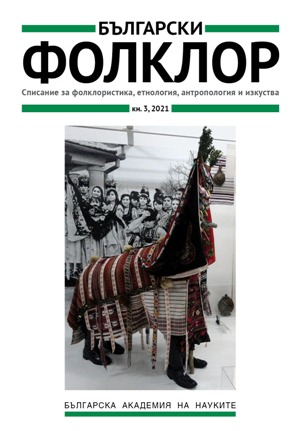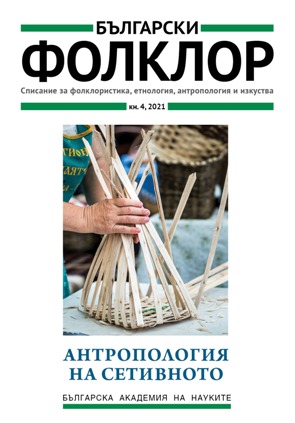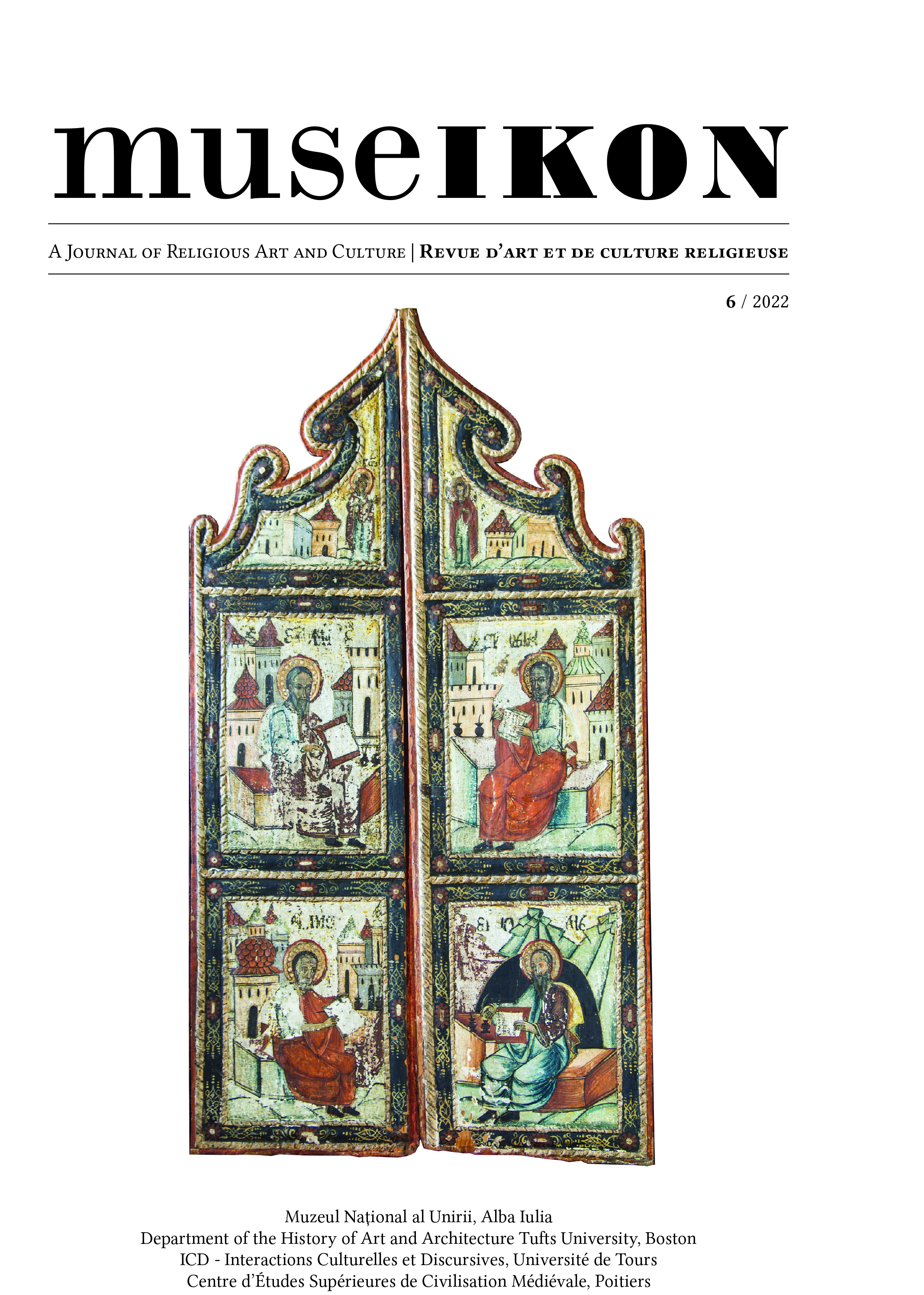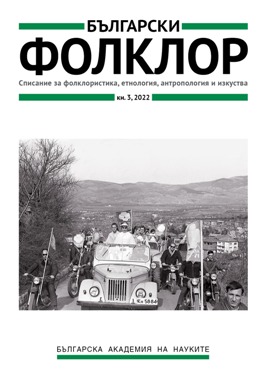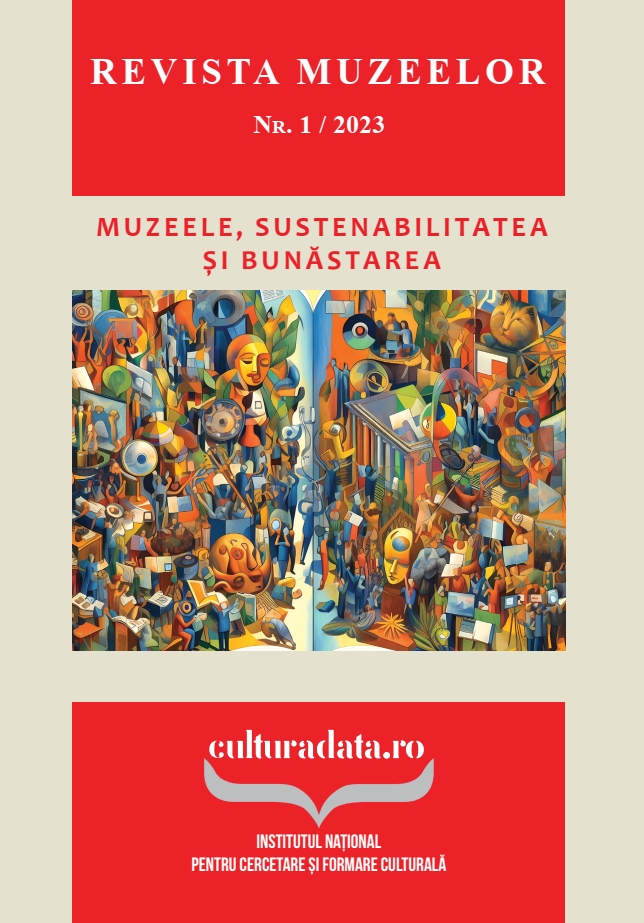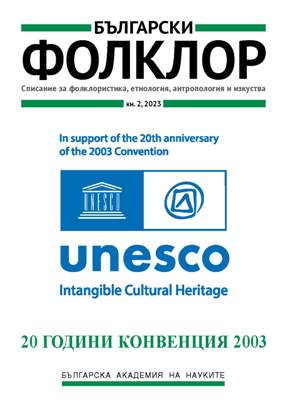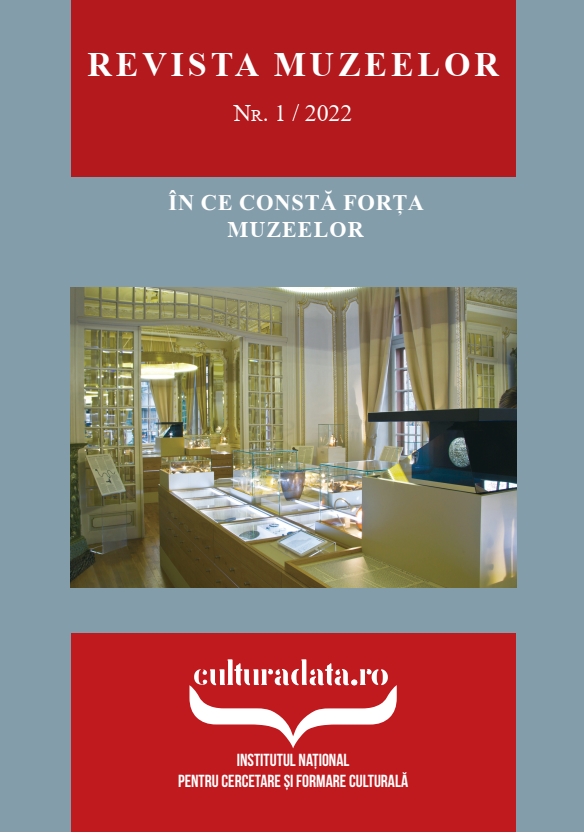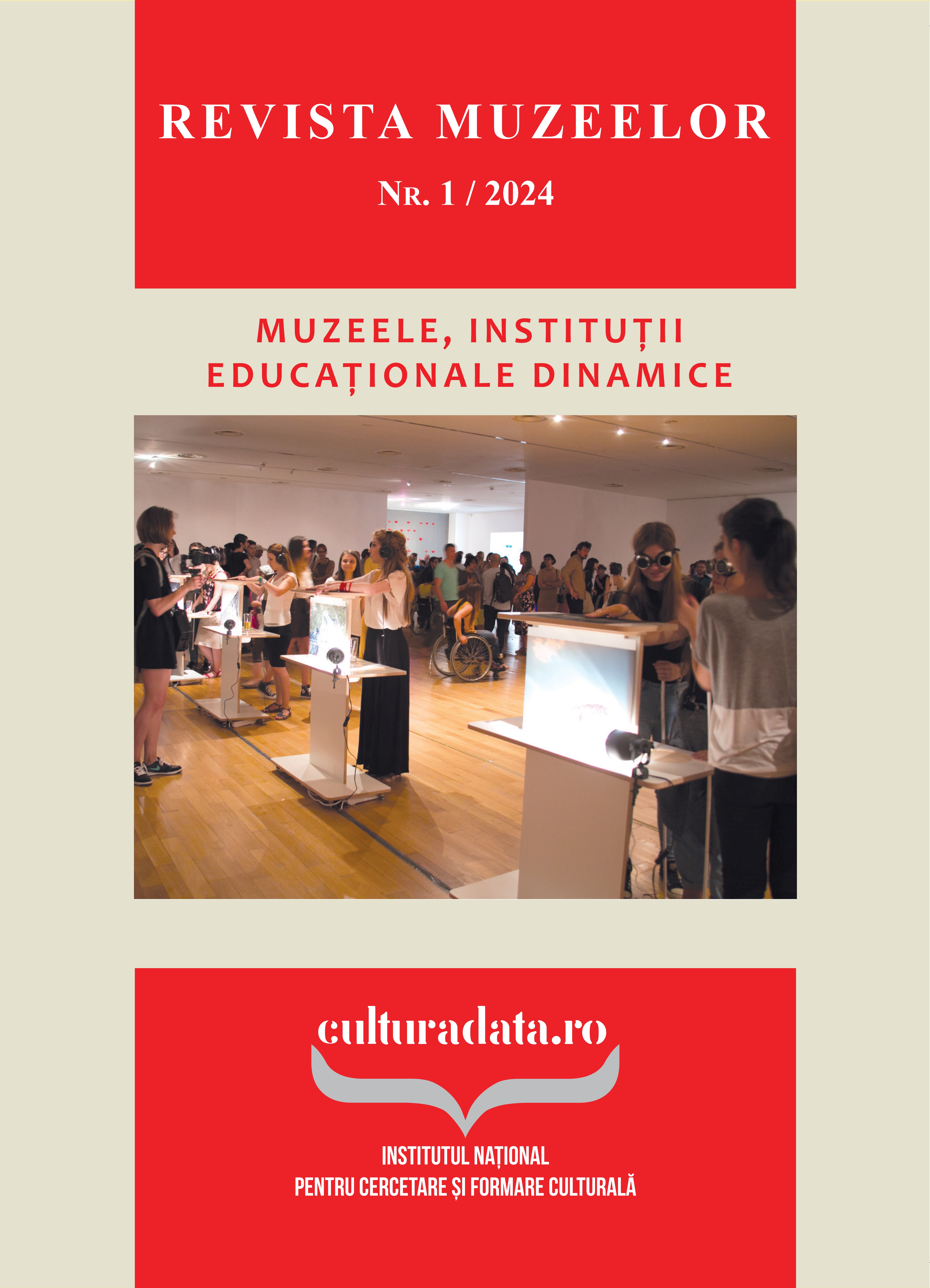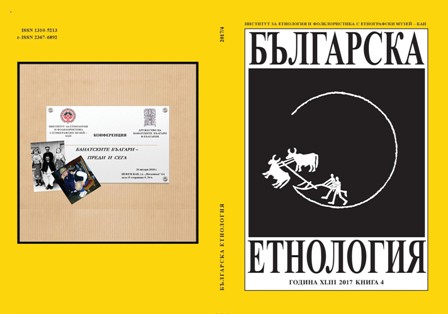
Eтнографски източници в Научния архив на БАН – култура на паметта
The Scientific Archives of the Bulgarian Academy of Sciences began its work with the foundation of the Bulgarian Literary Society in Braila in September 1869. Its task is to find, process and offer for use all the materials on the history of the scientific thought in Bulgaria and the history of the BAS. The Scientific Archive preserves the archival documents of the institutes of the BAS as well as the personal collections of academicians, corresponding members and professors; it does scientific and technical processing, estimates the value of the archival documents and restores them. The archive organizes the use of the archival documents for scientific research, reference and other purposes, prepares documentary publications and exhibitions of documents.The cultural heritage preserved in the BAS is a national treasure and we are responsible for its protection.This article examines only archival collections with ethnographic materials and researches. It is an invitation to researchers for future studies.
More...
